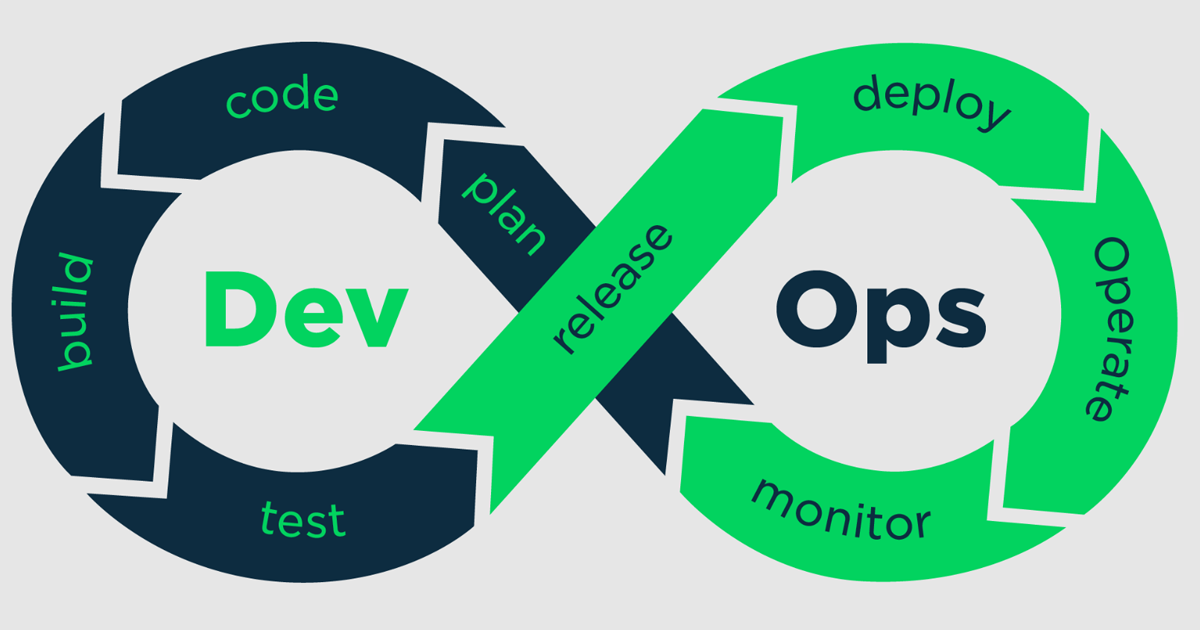System Secure with Devops
DevOps is a set of practices, tools, and cultural philosophies that aim to bridge the gap between software development (Dev) and IT operations (Ops). The goal of DevOps is to shorten the software development lifecycle, increase deployment frequency, and improve the quality of software through automation and collaboration.
Key principles of DevOps include:
Collaboration: DevOps fosters communication and collaboration between development teams (who create the software) and operations teams (who deploy and maintain it), eliminating silos.
Automation: Repetitive tasks, such as testing, integration, and deployment, are automated to speed up processes and reduce human error.
Continuous Integration and Continuous Delivery (CI/CD):
- CI refers to the practice of frequently merging code changes into a shared repository, followed by automated testing to detect bugs early.
- CD ensures that code changes are automatically deployed to production after passing tests, facilitating quick and reliable releases.
Monitoring and Feedback: Continuous monitoring of applications and infrastructure allows teams to detect and resolve issues in real time, providing valuable feedback for further improvement.
Infrastructure as Code (IaC): DevOps encourages managing and provisioning infrastructure through code and automation tools (e.g., Terraform, Ansible), allowing for more consistent and reproducible environments.
DevOps practices improve collaboration, increase efficiency, and accelerate innovation, leading to faster and more reliable software delivery.

